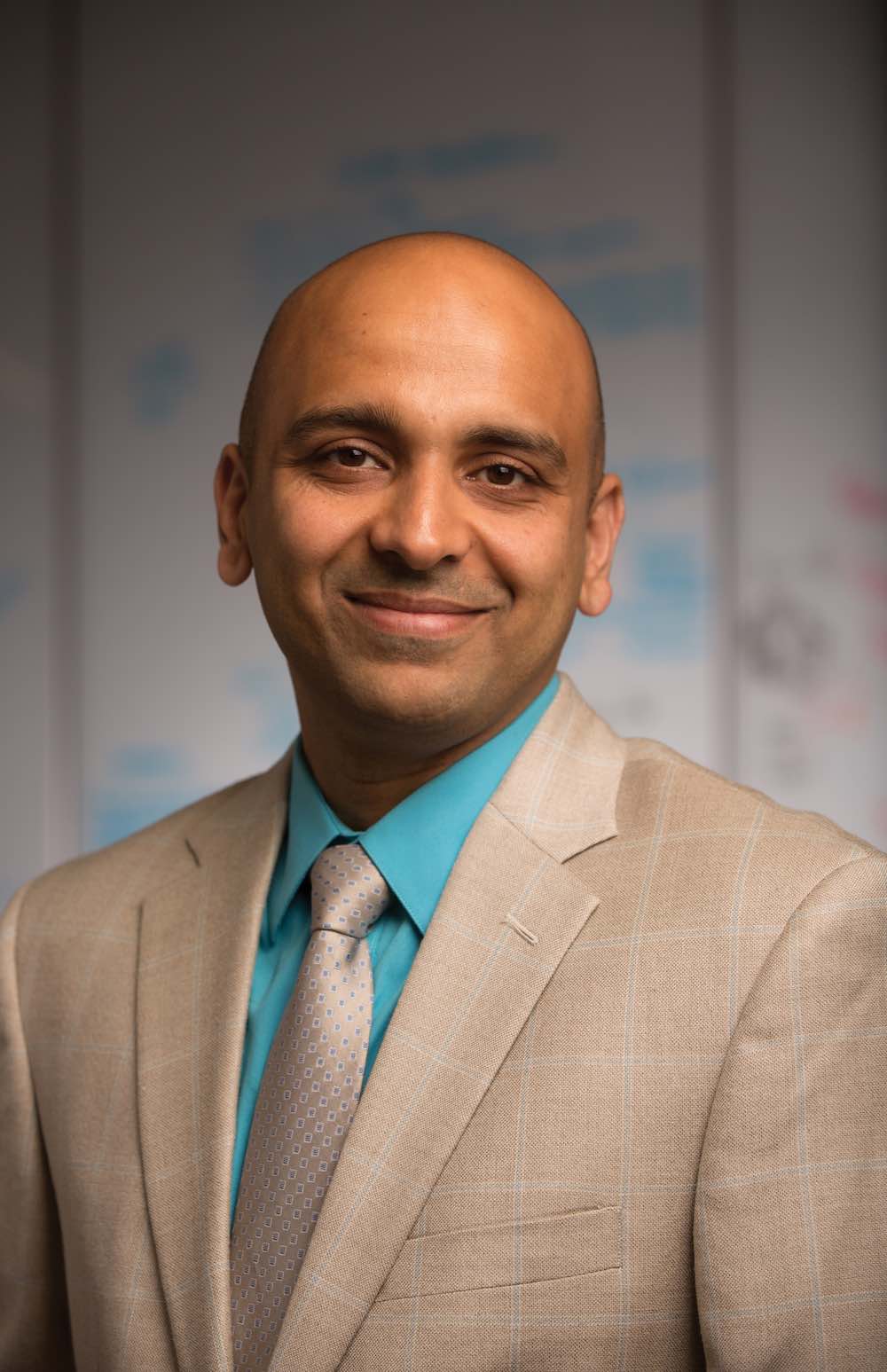Prof. Simha Sethumadhavan

Short Biography
Simha Sethumadhavan is an Associate Professor of Computer Science at Columbia University. Simha’s research work at Columbia is focused on finding practical solutions to problems in area of cybersecurity and computer architecture. He is a recipient of an Alfred P. Sloan Research Fellowship, the NSF CAREER award and an IBM co-operative research award. His work has received nine best paper awards for his work on computer security and computer architecture, and his team has successfully taped out three novel computing chips (e.g., an analog-digital computing chip) on limited budgets.
His teams work on identifying security vulnerabilities resulted in fixes to major products such as mobile phone processors and web browsers used by millions of users, and his work on hardware security is actively considered by standards organizations. He has served on the Federal Communications Commission Downloadable Security Technical Advisory Committee. He is the Founder & CEO of Chip Scan Inc., a hardware security company focussed on finding and mitigating hardware backdoors. He is also the chair of the cyber security center at the Data Science Institute at Columbia. Simha obtained his PhD from UT Austin in 2007.
Talk Title: The End of Moore’s Law and its Implications for System Security
The field of computer architecture has changed in fundamental ways in the past few years. For several decades computer architects were able to improve computer system performance by leveraging silicon technology improvements alongside optimizing common program behaviors. Both of these tasks have become increasingly difficult. On the technology side, transistor voltage scaling has slowed down to the point that many now believe that future computer advances will have to be achieved without advances in silicon technology. On the software side, rapid growth of the software ecosystem has made identification of common behaviors very difficult. In this talk we will discuss how these trends may impact development and deployment of security solutions.